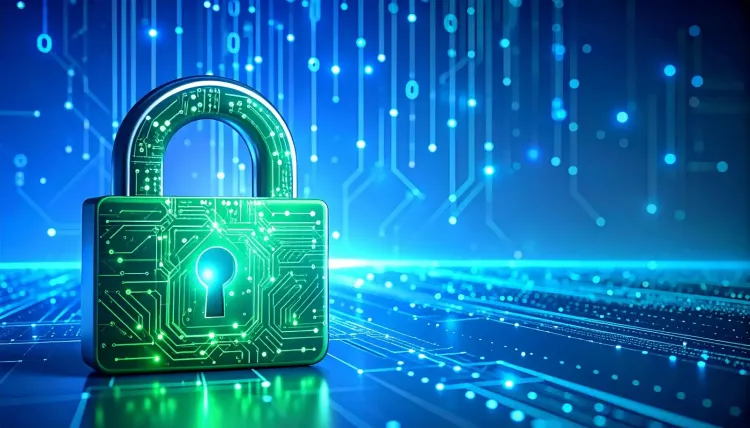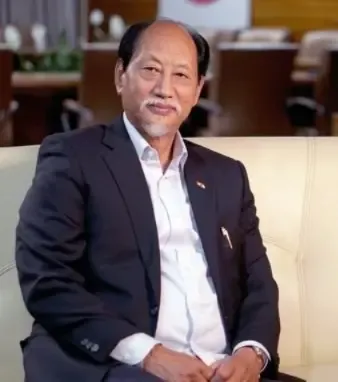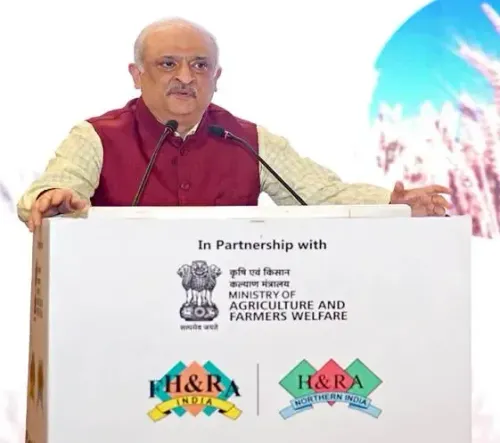How is India's Cyber Security Innovation Challenge Strengthening Homegrown Cyber Resilience?

Synopsis
Key Takeaways
- Launch of Cyber Security Innovation Challenge 1.0 promotes real-world problem-solving.
- Emphasis on building skilled cyber security professionals for a viable career path.
- Collaboration with startups and industry partners to enhance innovation.
- Focus on addressing the nation’s specific cyber security needs.
- Creation of a platform for R&D and academic institutions to develop deployable products.
New Delhi, Nov 25 (NationPress) The government has inaugurated a groundbreaking Cyber Security Innovation Challenge (CSIC) 1.0, encouraging students and researchers to tackle real-world cyber issues, thereby establishing the domain as a promising career option and enhancing India's homegrown cyber resilience.
This initiative, part of the Information Security Education and Awareness (ISEA) project by MeitY, seeks to cultivate not only adept professionals and promote cyber security as a viable career path but also to stimulate the development of indigenous, product-focused solutions.
S. Krishnan, IT Secretary, underscored the necessity for a dual national cyber security strategy — amplifying awareness of emerging threats while fortifying technological capabilities. He pointed out that CSIC 1.0 addresses both of these crucial aspects.
Krishnan advocated for a 'whole-of-nation' approach to cyber security, resonating with Prime Minister Narendra Modi’s vision of a 'whole-of-government' strategy.
Recognizing the collaborative efforts of MeitY, CERT-In, NSCS, AICTE, C-DAC, DSCI, and leaders from academia and industry, he emphasized the significance of nurturing successful ideas beyond the Minimum Viable Product (MVP) phase, creating pathways for them to develop into scalable solutions through collaboration with startups and industry partners.
Vinayak Godse, CEO of the Data Security Council of India, provided an insightful overview of the five-stage structure of CSIC 1.0, along with its extensive problem statements, which were formulated through months of intensive discussions among DSCI, C-DAC, and the ISEA team.
He accentuated that this pioneering initiative empowers students and researchers to innovate and foster entrepreneurial mindsets from the outset.
Professor V Kamakoti, Director of IIT Madras, stated that the innovation challenge under the ISEA Project underscores our deeper understanding of core challenges and prepares us to devise transformative solutions.
The ten domain-specific problem statements emphasize areas that align with the nation’s cyber security needs and necessitate fresh, innovative thinking.
Dr. Sanjay Bahl, Director General of CERT-In, highlighted the critical role of ISEA in promoting innovation that transitions the approach from reactive defense to proactive security.
He noted that the Innovation Challenge establishes a crucial platform uniting R&D, academia, and industry, with solutions from academic institutions expected to evolve into market-ready products.









